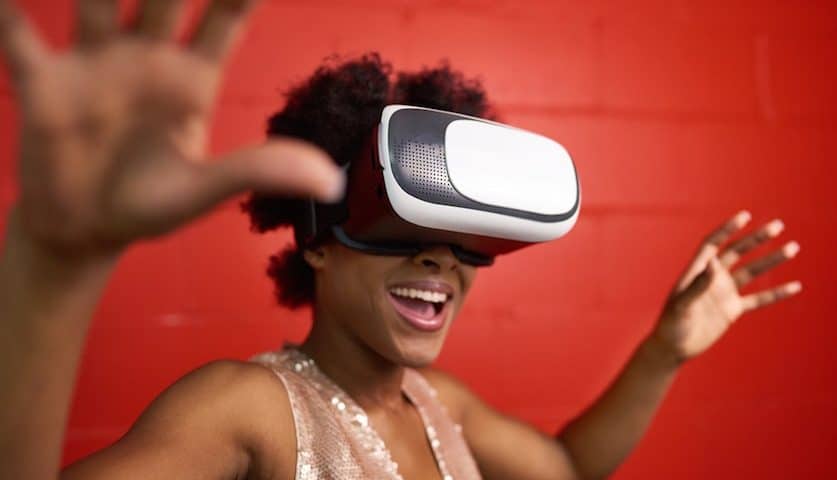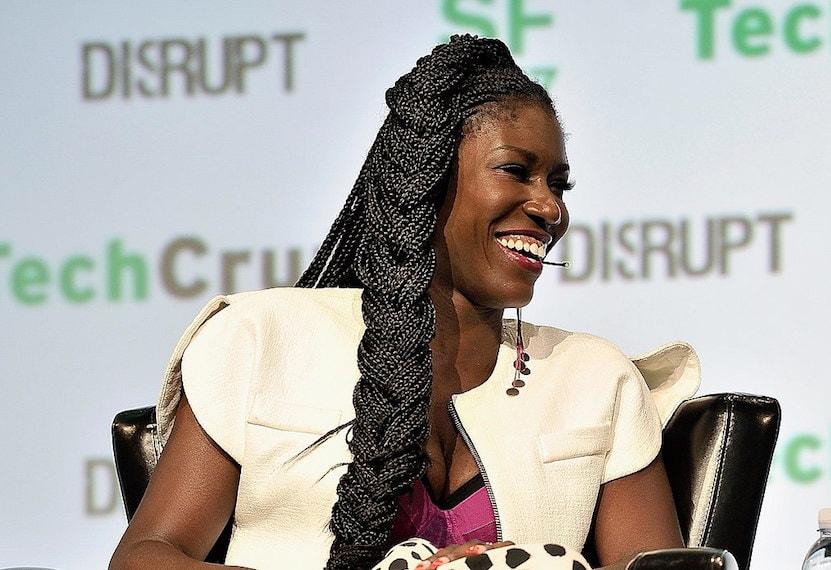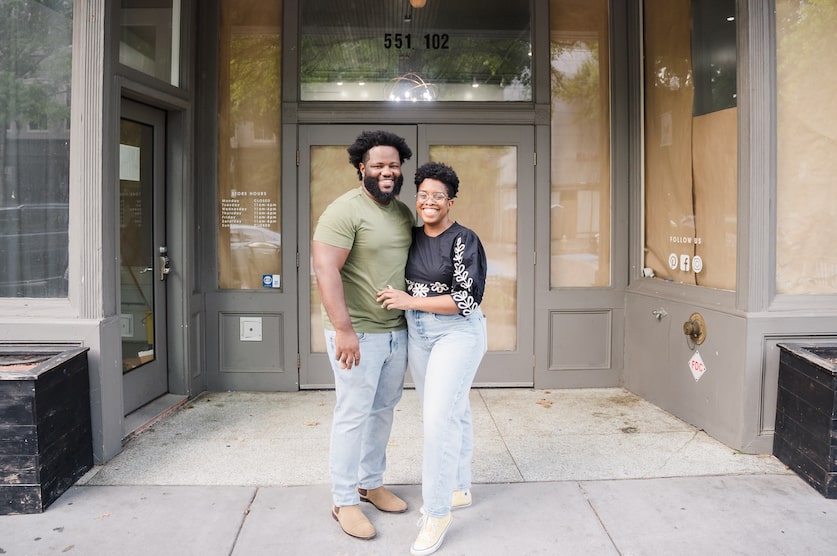
Harlem Capital ‘Diverse Founder Report’ Shows Significant Growth For Black & Latinx VC-Funded Firms
February 26, 2021
Deep Nostalgia Uses AI To Bring Old Photos To Life
March 2, 2021The last few decades have seen companies get serious about their efforts to increase diversity in their workforces.
An estimated $8 bn every year is spent on Diversity, Equity & Inclusion (DEI) training programs in the US, representing a major corporate investment.
However, it’s a trend that has gained huge momentum since last summer’s widespread protests following the death of George Floyd. Major brands have taken more public stances on racial injustice and police violence than previously and pledged to boost their diversity initiatives.
While it’s acknowledged that diversity training plays a key role in helping employees become more aware of unconscious bias, a key part of creating an inclusive workplace, it has also come in for criticism for not being as effective as it could be.
People from underrepresented communities say that diversity training often amounts to nothing more than corporate public relations resulting in little meaningful change.
Those who are not in protected groups say that diversity can do more harm than good, setting them up as scapegoats and blaming them for racism in society.
However recent years have seen a small but growing number of companies take on innovative tech-focused approaches to improving diversity in response to these issues. Since 2018, every manager at consulting firm Pricewaterhouse Coopers (PwC) has taken a course on inclusive leadership.
But a year later PwC moved some of the lessons on the course to a virtual reality (VR) platform. Unconscious bias and diversity training typically involve PowerPoint presentations, internal group discussions, or Zoom sessions with experts on diversity and inclusion.
However, critics say it’s often easy to get through this form of learning without paying full attention. And it can be difficult to measure their impact in improving diversity.
PwC decided upon a different approach. Managers decided to don VR headsets and met with simulated colleagues to make decisions about who they should employ and how employee performance should be evaluated.
This innovative approach provided a significant boost to the company’s diversity efforts.
At PwC, VR trainees reported they felt 3.75 times more emotionally connected to the lesson they had learned than classroom learners. The company also said that employees reported better focus during the VR sessions and greater confidence in applying what they had learned.
Others are slowly following in PwC’s footsteps. Recently management consultancy firm BCT Partners joined forces with Red Fern Consulting to launch a VR tool designed for use in tackling unconscious bias in the workplace.
The program they jointly developed and launched in 2019 is called Through My Eyes. It enables organizations to teach their employees how to recognize unconscious bias through scenarios that will be played out in real-time.
Dr. Randal Pinkett, co-founder, and CEO of BCT Partners says: “One of the shortcomings with traditional diversity and inclusion programs is that those who are being trained never actually ‘walk in the shoes’ of someone who faces bias in their daily life. Through My Eyes changes all of that because it uses VR to put people in actual situations where they have to confront some of their own obvious or hidden prejudices.”
VR enables the user to take part either as an observer to how bias plays out in different situations or as one of the characters. The hope is that this will create empathy for how bias affects different demographics.
Data from choices made during these VR sessions is fed back to the participants and used in further diversity training sessions.
Now curriculum development startup Praxis Labs have launched a new tool aimed at taking VR-based diversity training to the next level.
Through the company’s Pivotal Experiences platform users are assigned an avatar that is facing a specific issue at work. The avatars have been designed to be representative of a global workforce and the digital scenarios reflect insights gathered of employees from a wide range of backgrounds.
Users will see someone else’s image reflected back at them – it could be of a different race, gender, or body size and they are required to respond out loud as if they are that person. The idea is for users to get as close as they can to experiencing the perspective of someone else.
For instance, it could be an avatar of someone facing implicit bias or other forms of discrimination. The avatar might also be a bystander witnessing someone who’s a target of unfair treatment, so users can experience being an ally.
In launching Pivotal Experiences earlier this year Co-Founder and Chief Executive Officer Elise Smith became one of 93 Black women to have raised more than $1 million for a venture-backed business. Praxis Labs raised $3.2 million in seed funding from a diverse group of investors, including SoftBank’s SB Opportunity Fund, Norwest Venture Partners, Emerson Collective, Ulu Ventures, Precursor Ventures, Firework VC, and 20|20 Fund.
The money raised will be used to support the ongoing development of the Pivotal Experiences platform and other Praxis Labs projects.
Smith said: “Given the current climate and the deep divisions apparent in society, we believe that building empathy and understanding of others’ perspectives, as well as the knowledge of how to intervene in the moment, is vital to taking steps toward increasing inclusion and belonging in the workplace. We believe our platform provides a strong foundation from which employees can make their workplaces – and ultimately, society – more equitable.”








